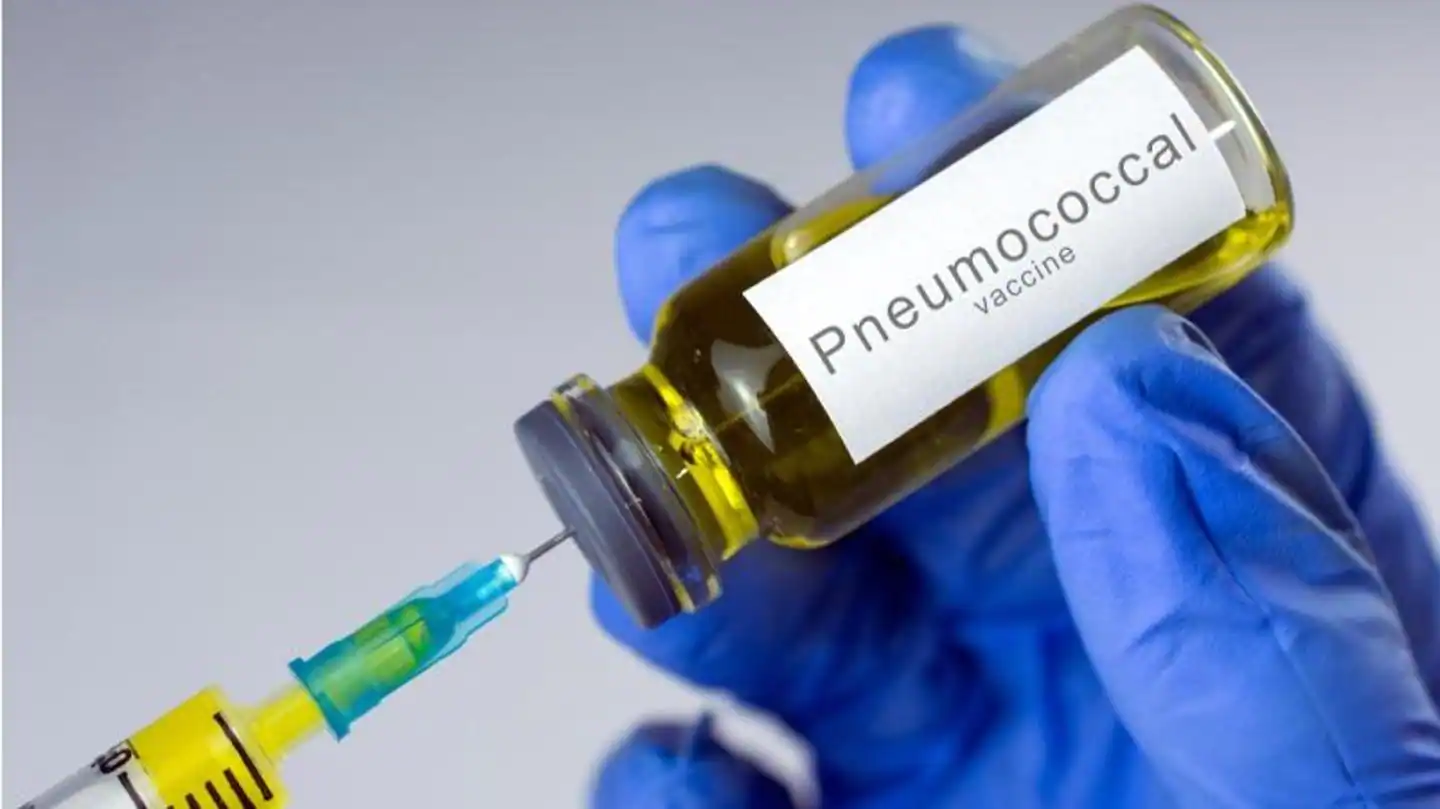PPSV23, PCV13

Did You Know?
Invasive pneumococcal disease, or IPD, is an acute and serious communicable disease caused by pneumococcal bacteria.
IPD is easily spread through coming in contact with infected saliva or mucus through coughs, sneezes, kisses, and touching infected objects.
In Canada, approximately 3,000 cases of IPD are reported annually.
Pneumococcal bacteria can cause an array of symptoms varying from acute to severe
Symptoms
Acute IPD Symptoms
Ear infection
- Ear pain
- Swollen ear drum
- Fever
- Sleepiness
Sinus infection
- Plugged nose
- Headaches
Lung infection
- Coughing up thick mucus
- Difficulty breathing
Severe IPD Symptoms
Infection of the lining of the brain and spinal cord
- Stiff neck
- Fever
- Headache
- Confusion
Infection of the blood stream
- Fever
- Chills
- Low alertness
Pneumonia
- Fever
- Chills
- Cough
- Rapid or difficulty breathing
- Chest pain

Most Frequent Questions and Answers
While many people carry pneumococcal bacteria in their nose and throat without getting sick, there is a heightened risk of getting IPD for individuals if they:
- Younger than 5 years old
- Older than 65 years old
- Have a cochlear implant
- Have a weakened immune system or are immunosuppressed
- Have chronic organ disease (such as kidney, liver, or lung disease)
- Have other chronic conditions (such as asthma or diabetes)
- Have a non-functioning or missing spleen
You can get the pneumococcal vaccine (PPSV23 and PCV13) from your family healthcare provider.
If you do not have a family healthcare provider, visit https://www.wechu.org/your-health/find-doctor to find one in the Windsor-Essex area.
When you should be vaccinated depends on your age and risk factors. You can receive multiple pneumococcal vaccines.
According to the Publicly Funded Immunization Schedules for Ontario, IPD vaccines should be given:
- Pneu-C-13 at 2months, 4 months, and 1 year
- Pneu-P-23 at 65 years
